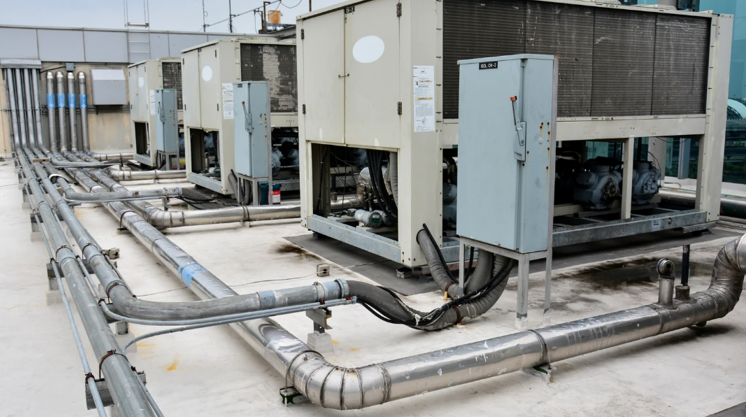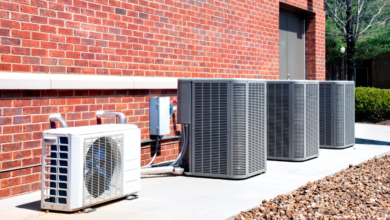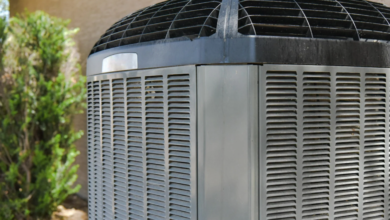The Role of Industrial Plumbing in Ensuring Workplace Safety

A well-functioning plumbing system is essential for maintaining safety and efficiency in industrial environments. From water supply to waste management, reliable plumbing prevents contamination, equipment damage, and costly interruptions. Facilities that rely on heavy machinery and complex water systems require specialized services, such as industrial plumbing in Oklahoma, to ensure smooth operations and compliance with safety standards.
Importance of Industrial Plumbing for Safety
Industrial plumbing goes beyond basic water supply. It handles large-scale systems that support manufacturing, cooling, and sanitation processes. Proper installation and maintenance of these systems help prevent leaks, pressure failures, and hazardous spills that could endanger employees or compromise production lines. By ensuring adequate water pressure and efficient drainage, industrial plumbing safeguards the structural integrity of buildings and equipment.
Addressing Common Plumbing Challenges
Commercial and industrial facilities face unique plumbing challenges due to high water usage and complex piping networks. Issues such as clogged drains, burst pipes, and water hammer can disrupt daily operations. Learning about the top solutions for common commercial plumbing problems equips facility managers with the knowledge to identify early signs of trouble and work with professionals to resolve them quickly. Preventive measures, including regular inspections and system upgrades, significantly reduce the risk of accidents and downtime.
Impact on Regulatory Compliance and Hygiene
Industrial plumbing systems must meet stringent health and safety regulations. Poorly maintained pipes or drainage systems can lead to contamination of water supplies and create unsafe working conditions. Regular inspections and maintenance ensure compliance with environmental and workplace safety standards. This proactive approach protects both employees and customers, fostering a healthier and more productive environment.
Enhancing Equipment Longevity
Plumbing systems support various industrial processes, including heating, cooling, and manufacturing. When these systems function efficiently, they extend the lifespan of costly machinery by providing stable water flow and proper temperature control. Incorporating strategies to extend the lifespan of your commercial plumbing system ensures that equipment remains in peak condition, while lowering long-term repair expenses and reducing energy consumption.
Reducing Risks of Water Damage and Downtime
Unchecked leaks or pressure fluctuations can lead to flooding, structural damage, and production delays. Industrial plumbing services implement preventive maintenance plans to detect weaknesses before they escalate. Regularly scheduled inspections, pipe replacements, and pressure testing help minimize the risk of unexpected failures, ensuring consistent operations and maintaining a safe workplace.
Supporting Sustainable Practices
Efficient plumbing also contributes to sustainability goals by reducing water waste and energy usage. Advanced technologies, such as automated leak detection and water recycling systems, not only improve safety but also promote environmental responsibility. Integrating these practices enables industrial facilities to meet modern sustainability standards and minimize their ecological footprint.
Conclusion
Industrial plumbing is a critical component of workplace safety, ensuring reliable water distribution, proper waste disposal, and compliance with health regulations. By addressing common issues through professional solutions and adopting measures to extend the lifespan of plumbing systems, facilities can protect employees, safeguard expensive equipment, and avoid costly disruptions. Regular maintenance and proactive planning create a safer and more efficient environment, underscoring the essential role of industrial plumbing in achieving long-term operational success.





